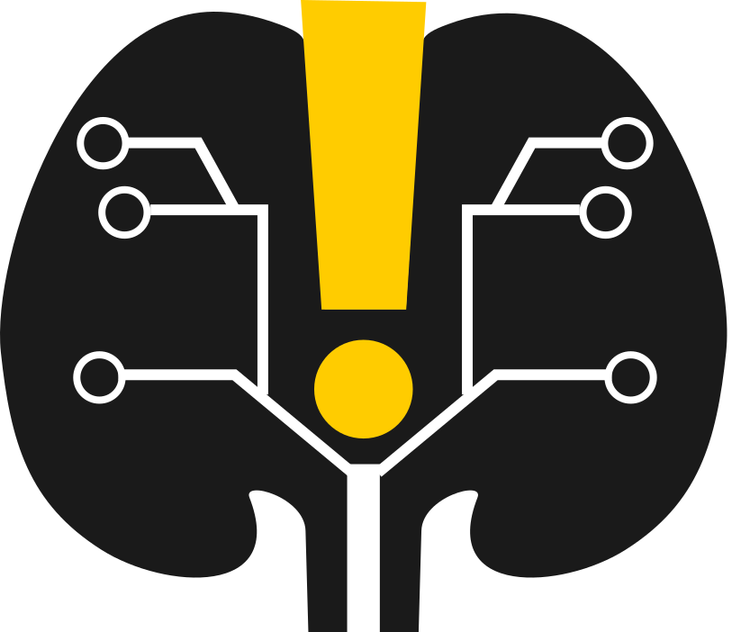Medication-Targeted AKI Alerts: Frequently Asked Questions
What is the ELAIA-2 trial?
The ELAIA-2 trial is the second project in a series of studies aimed at determining the efficacy of electronic alerts in reducing Acute Kidney Injury (AKI) outcomes among hospitalized patients. Specifically, ELAIA -2 is a randomized clinical trial to determine the efficacy of medication-targeted AKI alerts for improving the rate of cessation of nephrotoxic agents within 24 hours of AKI onset and in reducing the rates of AKI outcomes.
When will I see an alert?
You will receive a pop-up alert upon opening of a chart of a hospitalized patient who has developed AKI, as defined by changes in his or her creatinine value. AKI is defined in this study as an increase in creatinine of 0.3 mg/dl within 48 hours or a 50% increase within 7 days. To trigger an alert, the patient must also have had at least a single dose of a targeted medication (an NSAID, RAAS agent and/or PPI) within the 24 hours prior to AKI onset.
Will I receive an alert for every patient who meets these criteria?
No. This alert is part of a randomized trial, therefore not every patient who meets criteria will generate an electronic alert. You should still remain vigilant for AKI and associated nephrotoxic medications, as AKI affects up to 20% of hospitalized patients.
What should I do when I see an alert?
This alert is meant to aggregate information that is already available to you in the medical record, and there is no requirement to act on these alerts. However, AKI is a serious condition requiring close monitoring of fluid and electrolyte status and of medications that may further harm the kidney.
This alert will warn providers of not only the presence of AKI, but of each targeted medication that the patient has been exposed to in the previous 24 hours. You may choose to click through to the medication order entry system by clicking on the appropriate button in the alert. This will allow you to further view the patient’s medications and decide whether cessation of any one medication is appropriate for your patient.
If you have any questions or uncertainty, please feel free to contact the renal consult service.
Will the alert list all medications that are potentially harmful to the kidney?
No. While there are many medications that can potentially harm the kidneys, we chose three classes that are commonly given to hospitalized patients and that we have shown to have a strong link with AKI development in our study hospitals of interest, including NSAIDs, RAAS agents, and PPIs. However, this list is far from inclusive of all potentially nephrotoxic agents. Please remain vigilant of all other medications your patient is on that may be harmful to the kidneys, including certain antibiotics, immunosuppressive agents and neurologic drugs, and consider whether discontinuation is appropriate.
What if I don’t think my patient has AKI?
We work hard to ensure that our alert system has the highest possible accuracy, but mistakes may occur. If so, please let us know so we can rectify them immediately by contacting francis.p.wilson@yale.edu.
Will any data be collected on me?
Because of the nature of the trial, we will collect limited data regarding provider behavior (i.e. medication continuation or discontinuation). However, data regarding physician behavior will NOT be linked to individual clinicians and only analyzed in aggregate.
How long should I expect to see these alerts?
We expect to complete patient enrollment within 24 months. Should alerts prove successful in reducing AKI outcomes, these alerts may be permanently implemented into the electronic medical record system.
Can I read the study protocol?
Of course! The full protocol is available here.

